Harold Arthur “Hal” Fritz, born on February 21, 1944, is a retired U.S. Army officer who earned the prestigious Medal of Honor for his extraordinary bravery during the Vietnam War. His heroics on the battlefield, particularly during the fierce firefight in Bình Long Province, South Vietnam, cemented his legacy as one of America's most decorated war heroes. Beyond his military service, Fritz has dedicated his life to supporting veterans, ensuring his impact is felt both on and off the battlefield.

Early Life and Struggles: Born and raised in the Midwest, Harold Fritz’s early life was marked by a strong sense of duty and community. He pursued a degree in elementary education from the University of Tampa, demonstrating a passion for teaching and mentoring. However, like many young men of his generation, Fritz’s path would change with the escalation of the Vietnam War. Following his graduation, the call to serve his country led him to join the U.S. Army in 1966, setting him on a course that would ultimately define his life.
Military Enlistment and Heroics: Harold Fritz enlisted in the U.S. Army from Milwaukee, Wisconsin, during a tumultuous time in American history. By January 1969, Fritz had risen to the rank of first lieutenant and was serving as a platoon leader in Troop A, 1st Squadron, 11th Armored Cavalry Regiment. It was during this period, in the heat of Operation Toan Thang II, that Fritz demonstrated the qualities of a true leader. On January 11, 1969, his platoon faced a sudden and violent ambush in Bình Long Province, a harrowing moment that would later earn him the Medal of Honor.
Defining Moment: In the midst of the chaos, Fritz was severely wounded when his vehicle was hit by enemy fire. Despite his injuries, he took control of the situation, leaping onto his burning vehicle to direct his men and manage the battlefield. His selflessness was on full display as he ran between vehicles, assisting the wounded, distributing ammunition, and motivating his troops to hold their ground. Even when an enemy force nearly overran their position, Fritz, armed with only a pistol and bayonet, led a charge that broke the assault, routing the attackers. His bravery and leadership under fire not only saved his men but also played a key role in turning the tide of the battle.
Post-War Life and Career: Following his service in Vietnam, Fritz continued his distinguished military career, ultimately retiring as a lieutenant colonel after 27 years of service. However, his dedication to his fellow veterans didn’t end with his military retirement. Fritz has since worked tirelessly as an advocate for veterans' health and well-being, taking a position at the Department of Veterans Affairs' Bob Michel Outpatient Clinic in Peoria, Illinois. In this role, he remains an important figure, offering guidance and support to countless veterans as they navigate life after the military.
Military Awards and Decorations: Harold A. Fritz’s heroics earned him numerous accolades during his career. Alongside the Medal of Honor, he was awarded the Silver Star, Legion of Merit, Bronze Star Medal with "V" device and oak leaf cluster, Purple Heart with oak leaf cluster, Defense Meritorious Service Medal, Meritorious Service Medal with two oak leaf clusters, and the Army Commendation Medal with oak leaf cluster. Each decoration stands as a testament to his valor, dedication, and selflessness in service to his country.
Conclusion: Harold A. Fritz is more than a war hero—he’s a symbol of courage, resilience, and unwavering commitment to others. His actions in Vietnam not only saved lives but continue to inspire new generations of soldiers and civilians alike. Today, his work with veterans ensures that the values of loyalty, honor, and sacrifice endure. In Harold Fritz, we see the true essence of a leader who not only excelled on the battlefield but continues to serve his community long after the battle has ended.
